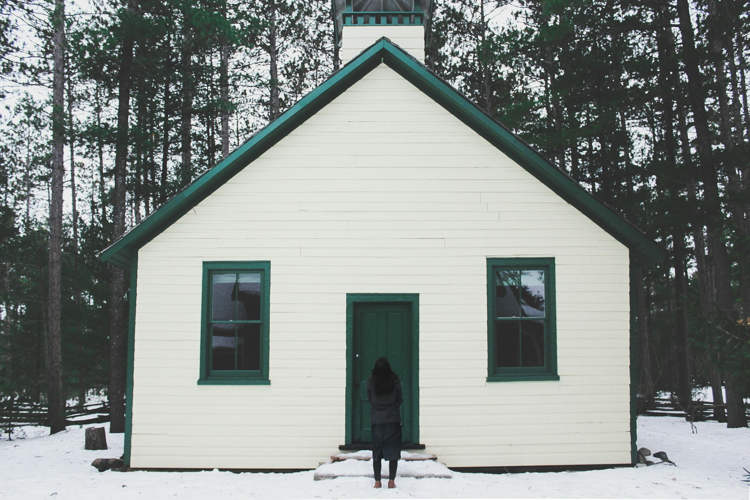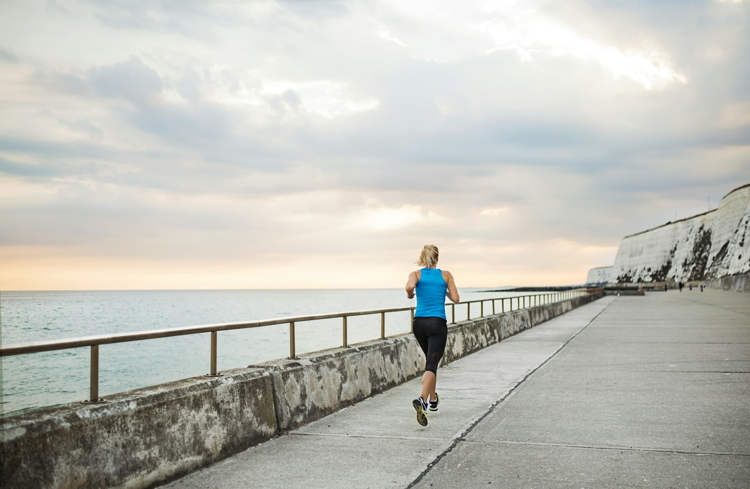Owakudani, also known as the ‘Great Boiling Valley’, is a large volcanic caldera that formed 3,000 years ago when Mount Hakone erupted. The explosion was so powerful that the area is still active with boiling pools of water and huge vents that expel steam and volcanic fumes of sulphur dioxide and hydrogen sulphide. That hardly sounds like an ideal tourist destination, but hordes of people visit Owakudani each year in search of the mystical black boiled eggs, locally known as ‘Kuro-Tamago’.
These black eggs might look other-worldly, but they’re actually just plain chicken eggs. The strange black hue comes from boiling them in the sulphur-rich hot water pools of Owakudani, near Hakone, Japan. The sulphur in the water reacts with the eggs’ shells, making them black and imparting a sulphur tinged flavour and odour to the cooked egg inside.
Photo: Rosie Tulips
Legend has it that eating an egg boiled black in the waters of Owakudani can prolong a person’s life by seven years. Eggs are constantly cooked in large batches in the waters of a spring located on top of a hill. They’re loaded onto large metal crates and plunged into the 80˚C spring water for about an hour. Then they’re steamed at 100˚C for 15 minutes. They come out perfectly black, with the insides still white and yellow like a regular boiled egg.
Photo: Aapo Haapanen
To get to the boiling site, visitors can choose between a 15-minute hike or taking the Hakone Ropeway down by Lake Ashi. Once they reach the spot, the eggs are served to them at a shack with small wooden tables laid out right beside the spring, offering a spectacular view of the magnificent Mt. Fuji.
Photo: GD Preston
The black eggs of Owakudani are famous all over Hakone – they’re sold in many shops around town at 500Yen for a bag of five. That’s 35 extra years added instantly to your lifespan!
Photo: Katy Ereia
Photo: Alpha
Sources: Japan Travel, Amusing Planet











